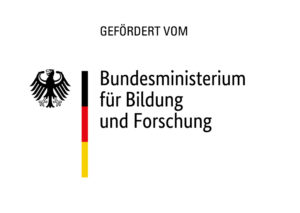About StiEL
Development and evaluation of an in-service teacher training about the inclusion of students with diverse abilities:
The collaborative research project Schule tatsächlich inklusiv (StiEL)
The overall goal of the project ‘StiEL’ is to contribute to the professional development of teachers and other educational staff working at German secondary and vocational schools with the help of an evidence-based training on inclusion of students with diverse abilities, which will be developed within the scope of this project. The project is a collaborative research project with three partnering institutions and funded by the Federal Ministry of Education and Research from 2018-2020.
In the first phase of the project, training modules are developed based on review of literature, existing training programs on inclusion and interviews with teachers, school staff members and education experts. The preliminary content of the training modules are ‘inclusive didactics and diagnostics’, ‘multi-professional cooperation’, ‘school and community development’, ‘definitions of inclusion and heterogeneity’, ‘human rights education and social learning’ and ‘differentiation of achievement and learning objectives’.
In the second phase of the collaborative project, the training modules are delivered and evaluated. The knowledge and skills acquired by the participants through the training as well as the teaching and management of inclusive classrooms after the training are evaluated by use of a longitudinal (treatment and control group design) and an ethnographic (participatory classroom observation and interviews) approach. The combination of two different evaluation approaches takes up the complexity of the topic and aims to assess various dimensions of the effects of the training.
In the final phase of the project, the modules are revised based on the evaluation results. Afterwards, a best practice manual is created and the modules are made available via open access databases.

